 Editor’s Note: This is the second part of our interview with Brian Mello from Winter Cover Farms. We hope you find the tips you need to grow your own apple orchard, no pesticides needed!
Editor’s Note: This is the second part of our interview with Brian Mello from Winter Cover Farms. We hope you find the tips you need to grow your own apple orchard, no pesticides needed!
One thing I know that really worries a lot of people is losing their orchard investment because of pests. What kinds of pests and diseases do you have to really watch for in apple trees? What can cause these?
Apple maggot flies, plum curculio, and codling moth are the big three that we deal with in the Northeast. They’re environmental, and we use a combination of natural tree sprays, horticultural oil, and good orchard clean up in the fall to manage them.
We also try to only spray at the ideal time using Integrated Pest Management and tracking the degree days with our local organic organization posts about what’s coming out in the next week. One of the easiest ways for backyard growers to deal with pests is bagging the fruit after pollination.
Orchard vocab time: Bagging fruit on fruit trees is an alternative pest management technique that’s done by covering each fruit with special bags and twist ties that keep pests from ever making contact with them. No sprays needed!
Pro tip: Talk to other farmers in your area about the pests specific to your region to get a good sense of what times of the year they’re most apt to strike.
Aside from bagging, what are some of your favorite natural pest remedies for apple trees?
My absolute favorite pest remedy is concentrated garlic oil. We also make a mixture that includes liquid kelp, seaweed emulsion, water kefir, and a drop of dish soap.
Do apple trees do better in a polyculture? And if so, what kinds of plants and animal systems do you suggest integrating them into?
Apple trees absolutely do better in a polyculture! We have mixed apples in with pears, plums, apricots, peaches, sweet cherries, sour cherries, raspberries, blackberries and a multitude of flowering plants like purple coneflower, lemon balm, peonies.
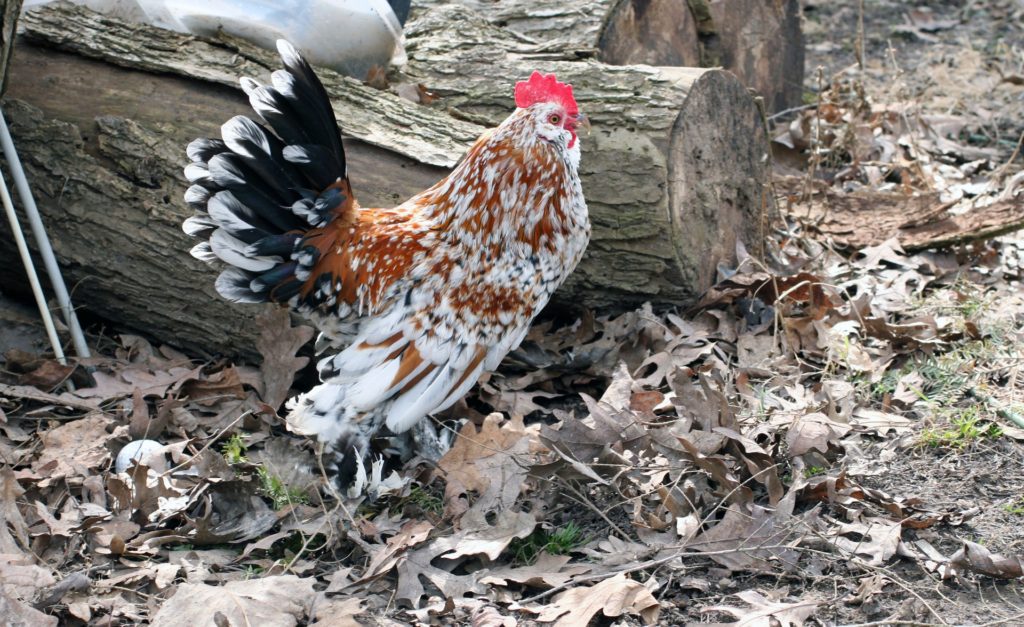 We also let areas “rest” each year, meaning they are allowed to grow wild for a season. We used bantam chickens, as they are avid pest controllers that do little damage to trees and the ground while consuming vast quantities of insects.
We also let areas “rest” each year, meaning they are allowed to grow wild for a season. We used bantam chickens, as they are avid pest controllers that do little damage to trees and the ground while consuming vast quantities of insects.
Once a polyculture is established, almost any type of animal can be introduced, although we avoid goats because of their love of trees.
I know you guys are really fond of bare root trees at Winter Cove Farm. Can you explain to us regular Joes and Janes why they’re better than the potted trees you buy at the big box stores?
We get this question a lot. We sell bare root trees in early spring, prior to any growth happening. We do tell people that they will look like sticks with some branches, but nothing more.
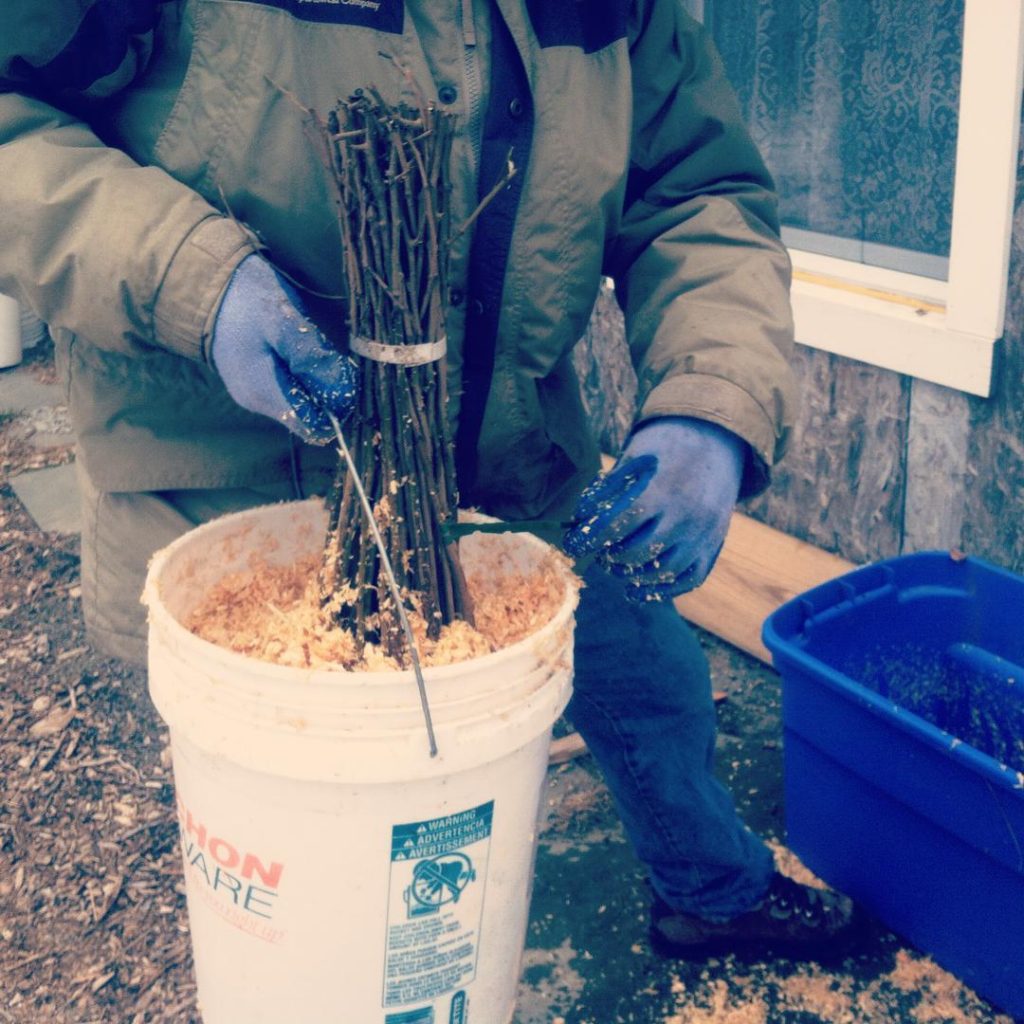
When planted while the ground is still cool, these trees put all their energy into growing big, healthy roots. This means that your apple tree will not require watering, unless there’s a drought, and will not need fertilizer either.
When it grows its leaves, it will only grow enough for the roots to sustain it, naturally. A tree that is potted requires fertilizer, or life support, and the roots are not supporting the tree as they are limited to the size of the pot, which is usually much too small for the size of the tree.
When you then transplant that tree, it will require more work than just planting and mulching, as you need to make up for the lack of roots and keep it alive until the roots catch up with the canopy.
So basically, it comes down to bare root trees being tougher, lower maintenance, and just plain easier for people to grow than the potted ones in the stores. No wonder so many people have been frustrated by trying to grow fruit trees!
I bet a lot of people would love to know when they can get their hands on some. When can you order bare root trees, and is it a big deal if you can’t plant them right away?
Bare root fruit trees are typically available between the first of the year and early April — your best bet is to order ASAP to get your pick of the varieties you want.
When ordering bare root trees, you want to plant them as soon as the ground is able to be worked. They go right out into the cold, as they are still dormant and the frost will not hurt them. If you’re unable to plant them, keep the roots moist and keep in an unheated basement or garage.
How long does it typically take a bare root fruit tree to start fruiting? What about potted trees?
The most often asked question — When will my tree give me fruit? It depends on the age of the tree you’re buying, the rootstock that will determine the size of the tree, and the variety of apple it is.
Apple trees fruit between 3 and 10 years. A precocious dwarfing rootstock will give you a smaller tree that fruits much quicker than a standard size tree that can take much longer to reach fruiting size. The tradeoff is that a standard size tree is strongly rooted and will outlive most of us. A dwarf tree will require staking and tend to live on the average about 25 years.
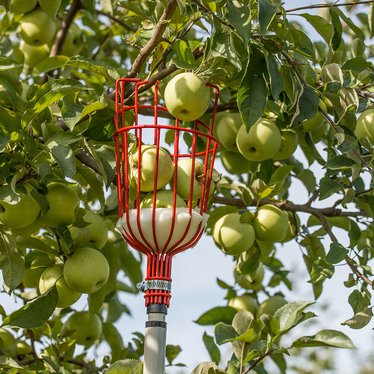
What about pollination? Do we need more than one tree to produce fruit?
Some trees need pollinators, some are self-fertile. When looking to buy fruit trees, the nursery should put this information on their listings. If you have a limited backyard area, look for the self-fertile varieties, as they will pollinate themselves.
If you really want a variety of apple that needs a pollinator and are limited on space, you can even plant the two trees into one big hole — they’ll grow into one big tree that creates a ton of fruit.
Wow! This all sounds so realistic for someone to try, and it really doesn’t seem like a lot of work! Thanks so much for breaking this down for us, Brian — I think you’ve inspired a few of us to start plotting our orchards for next year!
I don’t know about you guys, but I am so ready to sit down with a pen and paper and start planning my own backyard food forest for next year!
Though apple trees take a few years to start producing, they’re one of the easiest and most low-maintenance fruit trees you can plant. Thanks to orchards like Winter Cove Farms, options are available for just about any region, and you can even learn to plant without using pesticides, synthetic fertilizers, and irrigation systems!
If you’d like to learn more about planting bare root fruit trees or their focus on beyond organic methods, head on over to Winter Cove Farm’s website, and mark your calendar to order your bare root fruit trees next year!
Did you miss the first installment of this interview? No worries – click here to read it.

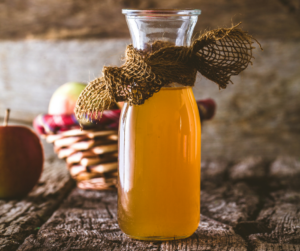
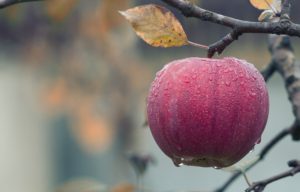

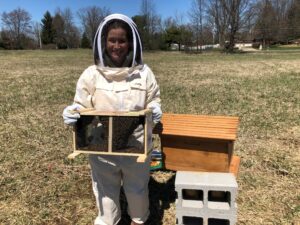
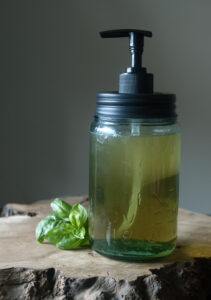
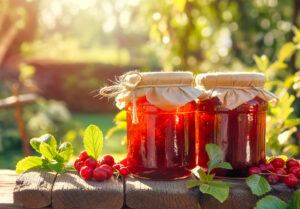






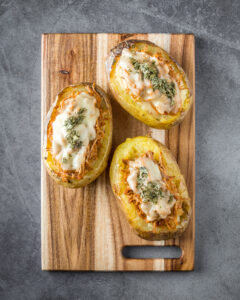







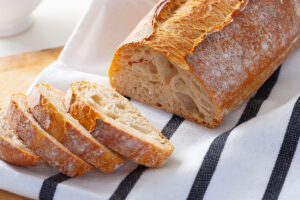
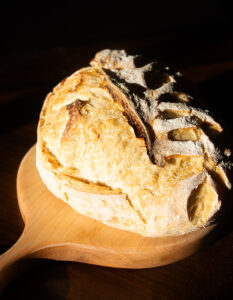

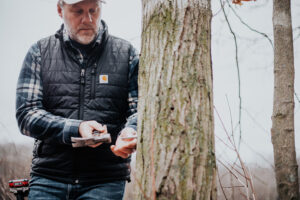



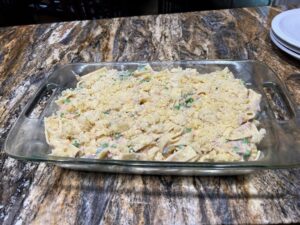
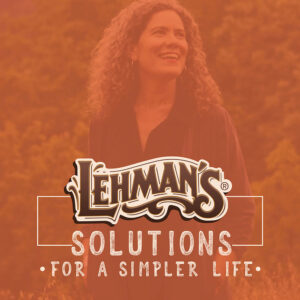

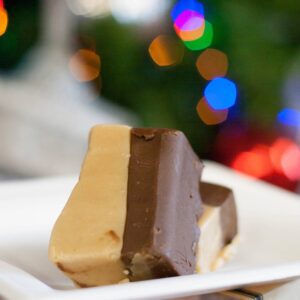

[…] Editor’s Note: Catch the second part of this interview here. […]